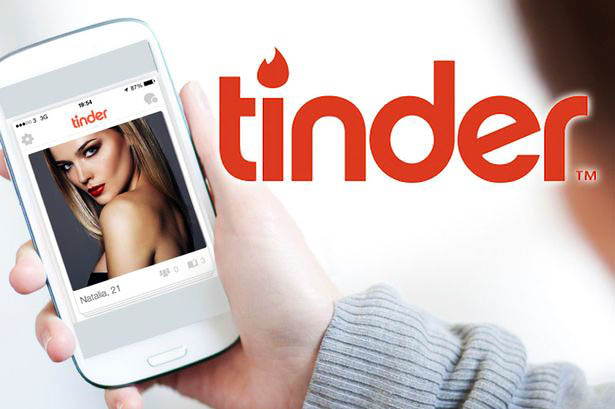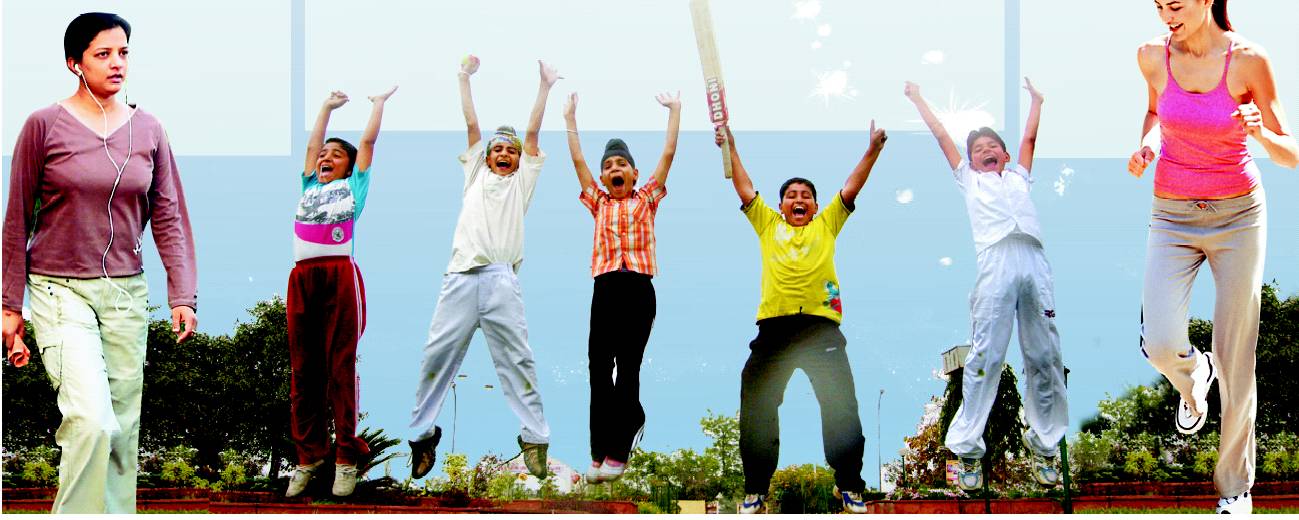Sexy photographs, smart profiles. Fans, friends. Stalkers, networkers. Everyone has attitude and everyone’s wired in. Writer logs in to the World Wide Web…
Want to know some of the effects of losing my anonymity?
- All my friends now know how often I masturbate, what turns me on, and how obsessed with sex I am.
- As does everyone I’ve ever worked with in the film industry. As do my cousins, aunts and uncles as well. Beat that. (Not literally. Yuck.)
- My sex drive has gone kaput. Having something sleazy printed about me in a national newspaper, with photographers sitting on my and my parents’ doorstep didn’t make me horny, it made me stressed, anxious, and lack sleep for ten days.
- I cannot write on the blog, as I once did. Right now, I don’t know how, or in what capacity, I can write on here again. Thanks very f*****g much for outing me, you bastards.

Above is an excerpt from the August 26 entry on ‘Girl With A One Track Mind’, the blog recently published as an eponymous book. The blogger-author called herself ‘Abbey Lee’, till a newspaper reported her ‘real’ identity was ‘Zoe Margolis’. Her life isn’t the same.
Zoe was doing the same thing as a million others: using the Internet and its promise of (some sort of) anonymity to either live out a fantasy or aspects of their lives unacceptable to society. Zoe’s isn’t the only case. Recently there were call girls Lili and Bella de Jour, whose anonymous blogs (about sex, what else?) have been published as books. Zoe, Lili, Bella… they sought cyberspace for its ‘no identity, no problem’ philosophy.
But there are also those who couldn’t care less about anonymity and flaunt their identities. They don’t want to live out fantasies—they want to be themselves. Their profiles scream ‘I, me, myself ’. The new Netizen is part of an ejunta (complete with picture and profile) and s/he wants to be known—worldwide.
READ ME, KNOW ME, LOVE ME
A profile screams, “If I like you, I’ll be good to you.” Porn site? No, the author’s attitude towards “those who don’t have the patience to read what I have to say.” Sofi says, “I write about things people shy away from, so there are many who come just to check me out.” And her site? What? She doesn’t want it printed, for it will bring unnecessary attention! “I’m not ashamed of what I have to say. But it’s for the like-minded people I want to reach out to.”
Reaching out to like-minded people, forming communities based on shared interests, meeting other members… the Internet user transitions from Anonymous to Affable!
There are some who still want to remain anonymous, and some of them don’t even write sex blogs. The reason? Fear of ridicule. Take Piali Sharma. She wants to join a networking site, but with an assumed name and no picture. Why join at all? “My anonymity gives me access to people’s innermost thoughts, which they might not reveal if they knew who I was. That apart, I’m basically shy and don’t really want to go all out… How do you know how people will react to what you say?” Some people don’t put up their pictures either for fear of being recognised—writing nasty comments about your boss with your picture up there WILL get you into trouble!—or for fear of the pictures being misused. Damn you, digital demons.
But the new flamboyant breed takes the Net to the next level. They are not scared of revealing themselves, of speaking their minds, of uploading their mug-shots. They will party at night with ‘real’ friends and log-in the morning after to describe the fun they had. For some, it’s the thrill of meeting new people. For others, it’s about putting ideas out there—for those who agree and for those who disagree. Says Piali, “It requires a certain character to bare it all. That’s not me. Neither can I handle so many ‘friends’. I’m more the one-friend type.” For better or for worse, the Internet gives you the chance(s) to forge a broader circle of acquaintances in a time when finding and maintaining meaningful friendships is getting tougher.
“My profile has not been made to impress you. If you don’t like it you are more than welcome to leave.”
—From the online scrapbook of a feisty female, in response to the usual “Will you be my ‘frand'” query on networking sites
“We are not scared of ‘what will the world think of me’ anymore. It’s liberating to put forth your point and have many more responding to that point. It’s amazing to see so many varied opinions people have. It allows you, if needed, to change your thinking.
—Vertika Yadav
It’s the time of collaboration and sharing and it’s booming as humans inherently want to connect.
—Satish Warier
40 countries, 12 boats, 37 flights, 46 assholes and over a year later… Writing, avoiding…and campaigning for immigrants whilst musing on anal sex and pissing off the religious right.
—Introduction on Mimi, a New York stripper’s non-anonymous blog
SINGLE PEOPLE, ALONE TOGETHER?
And so, we the people, are connecting and the global village is shrinking to a global neighbourhood. Yet, ironically, dissident voices blame the Internet for a not-so-pleasant phenomenon: social isolation.
In June 2006, an authoritative study in American Sociological Review found that the average American had only two close confidants, down from an average of three in 1985. Basically, the Americans and the rest of the world has fewer ‘real life, close friends.’ But isn’t loneliness part of life today—with or without the Internet? “Alone-in-a-crowd has become the norm,” says psychiatrist Dr Jitendra Nagpal. True too, what with people living thousands of miles away from home, when social and professional circles merge because of 12-hour jobs and commuting for another four and when finding time to hang out at the mall or meet friends for a stroll is tough. Suddenly, the only way for friends and family — dotted across the globe—to be together is in a virtual time zone, as bright green dots on Google Talk.
In this situation comes the saviour of the lonely planet—a dating site, a networking community, your personal blog and the tag of a 1000 ‘friends’ on your profile. Logging on is panacea. So, how then is the Internet making us asocial?
“We are communicating more but we are losing out on non-verbal, emotionally-flavoured conversation,” says Jitendra. Navin from Fropper.com differs. “Earlier, I wouldn’t get to meet people if I were working away from home. Today, I can interact daily, instantly, even share photographs, audio, video. Personal interactions are superior but infrequent. The Internet comes in to fulfil the human need for communication.”
BANG FOR YOUR BUCK
There are profiles and then there are profiles that grab eyeballs. Often it is pictures, oftener still it is a smart tag-line. A sample of some of the profile tags that ‘sell’ today:
… Would you believe everything I told you about myself?
… Independent, strong-willed, love animals, love Tolkien’s imagination, dream to have a room full of JUST books one day.
… Funny, messy, irresponsible, quick-witted guy, who thinks no end of himself!
… For those who know me, I don’t really need an intro. And for the losers who don’t know me, they can find out what they’re missing
… I have my own rules to live my life. And sometimes, just for kicks, to boost my rebellious nature I like to break them. Can you handle that?
… At heart, I am a drugged out, wasted (and obviously long-haired) hippy with a serious break from reality
… I like deep people, people whom I can’t just read off the the surface. I like to explore new tongues 😉 and can speak quite a few lingos…
For Erin McKean of Dressaday.com, it’s about meeting like-minded people: “The Internet is not (always) a bunch of computers talking to each other! It’s made by people, for people. In Chicago, where I live, I know barely six people who are interested in sewing to the degree I am. Online, I know over 100! The Internet makes it much easier to find people who share your interests.”
Shared interests. Time to kill. Research. Time-pass. The Internet does many things…but somewhere one wonders: is it taking us away from ‘real’ life, people and situations?
FRIENDS FOR LIFE, ADDICTED FOR LIFE 2?
“He would return from work at 10 pm, race through dinner and then log on… till 6 am! Emails, chats, webcams… I couldn’t take it anymore. People who weren’t even there were more important to him.” Radha divorced her husband because he “wanted to be online all the time”.
Priya is paranoid about her 13-year-old. “Earlier, he would meet friends in the park to play, talk, do whatever kids do. Then he discovered the Internet. Now his gang has broken up; most of them have online friends. I hate to see him gaping at the monitor, rather than playing outside.”
‘Losing’ loved ones to the Net goes beyond porn. Addictions could be any and many: gaming sites, word puzzle sites, dating sites, photography sites, horoscope sites, DIY sites… And perhaps the biggest of them all—writing your thoughts and having people read and react.
Experts say it’s about drawing your own limits. “It’s a vice if you make it a vice. Spending all your time on the Net at the cost of everything else is bad,” says Navin. Jitendra reiterates, “The moment you compromise on your day-to-day social activities, you know you are overdoing it.” But within limits, cyberia opens a plethora of possibilities. Meet, mate, chat, catch up, show off… As long as you’re in control of your life—virtual and real—you’ll do just fine. Go on, log in!
ANONYMITY: IS IT THE INTERNET’S BIGGEST DRAW?
“It is a presumption that anonymity is what works with people on the Net,” says Navin Mittal, head of operations, Fropper.com. “Yes, it is important for certain services, but it is not the biggest deal. Think about it: you divulge your identity when registering for an e-mail or seeking membership to a community. Even e-mails can be tracked through IP addresses, so to say that anonymity is the Internet’s biggest draw is false. The biggest draw is the fact that the Internet really draws you closer, the fact that the Web has permeated the lives of people more so than it had about five years ago.”
I want people to know who I am, and as far as my pictures go…I am not ugly! The picture on my profile helps a lot—it makes people want to know a little more about me, or read what I have written. Everyone tries to make a bigger impact with their pictures on their profiles. Even the best of bloggers today are using their pictures to add to the traffic—it’s nice to have a face to a person you read everyday. —Rohit Wadhwaney, scribe “What do you mean ‘lonely’? I have 1032 friends on Myspace!” —Blogger refuting he logs on because he is ‘lonely’

